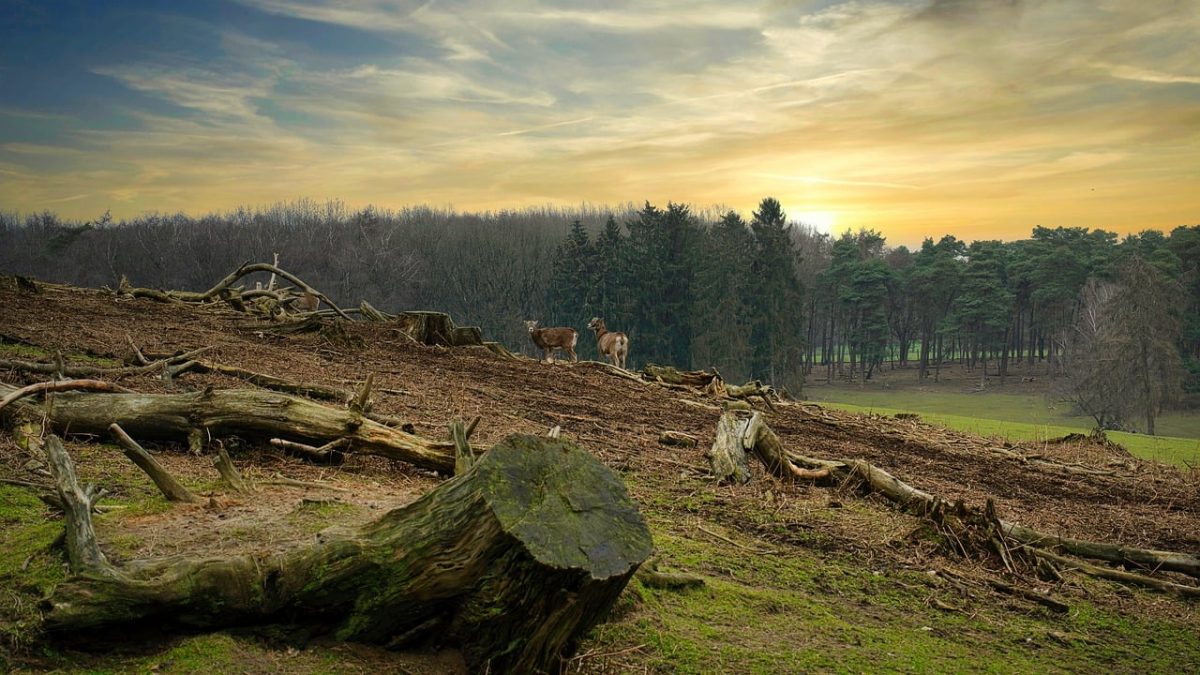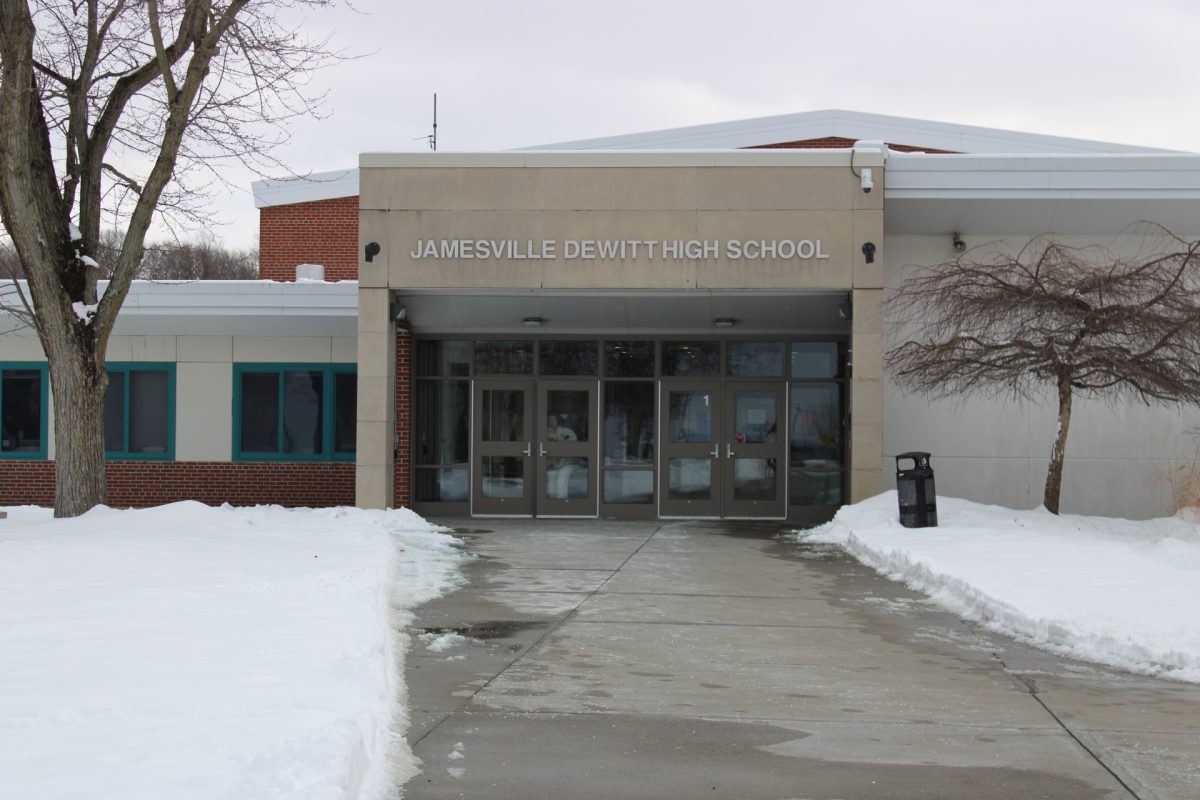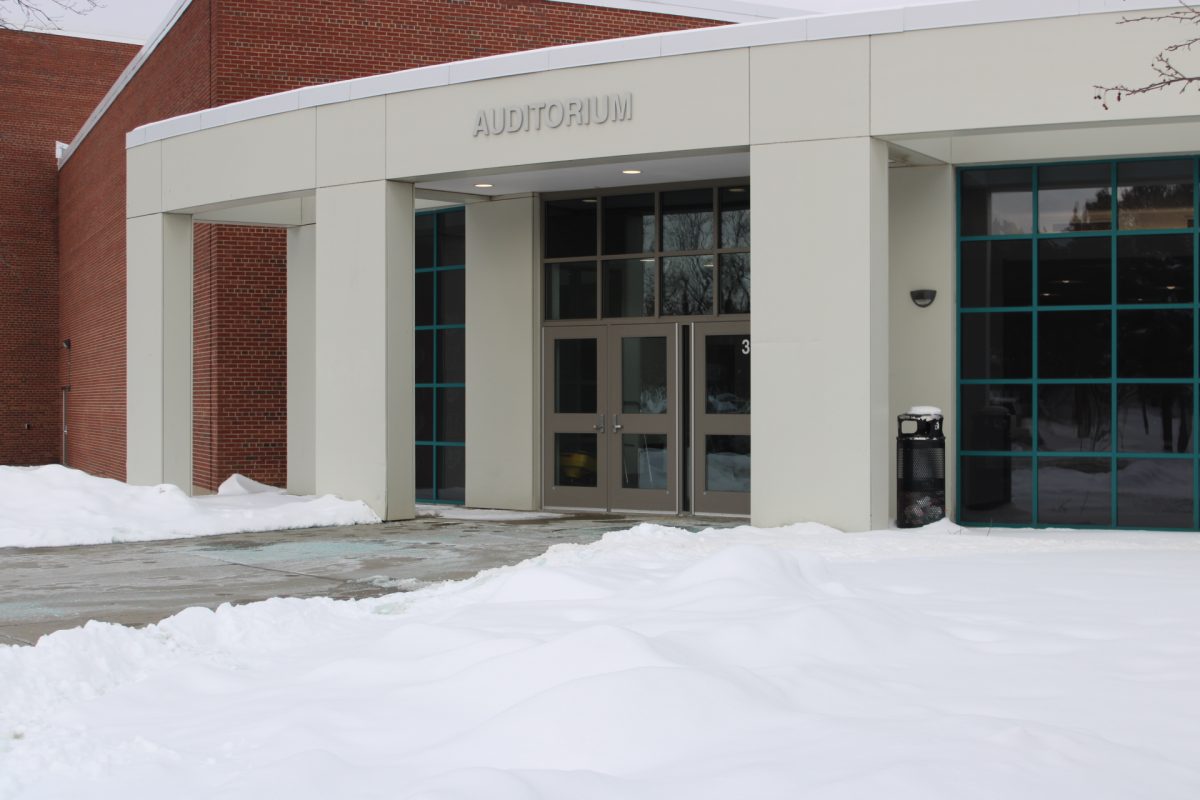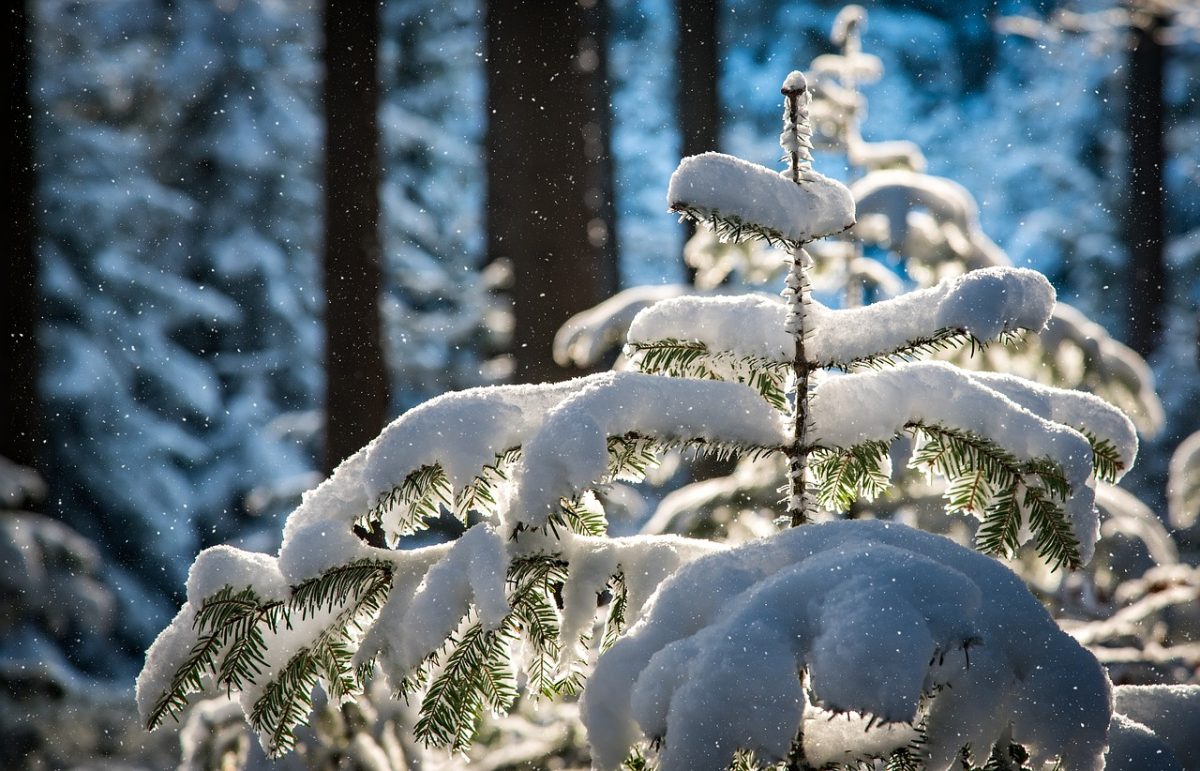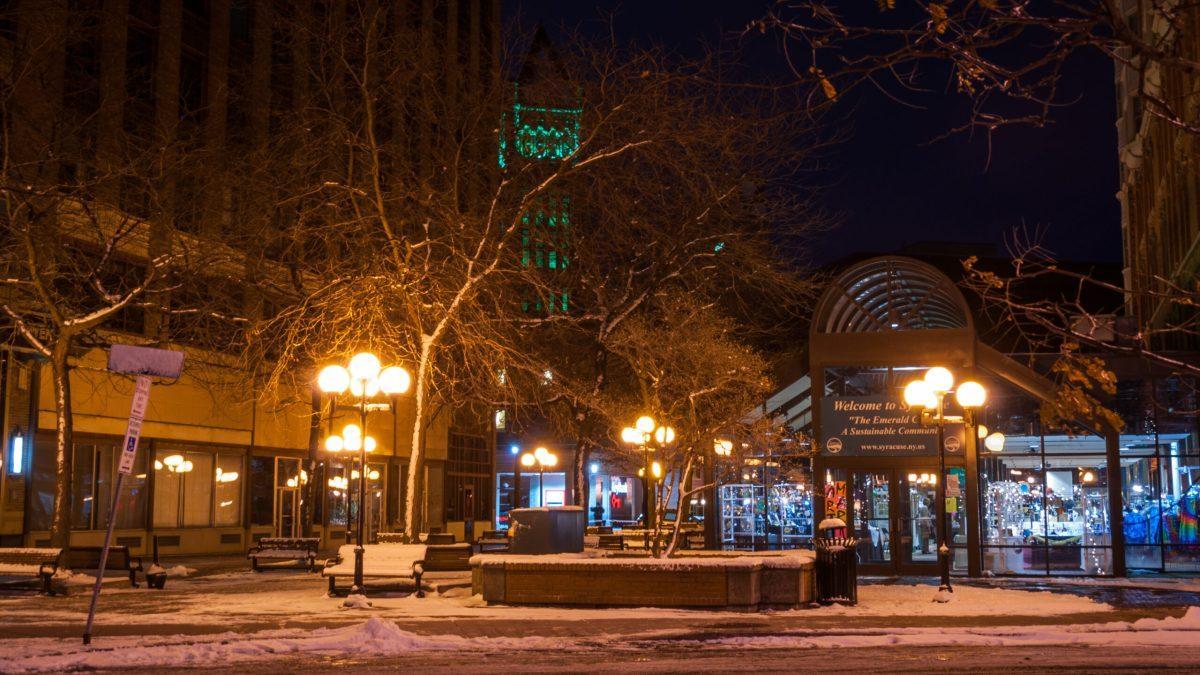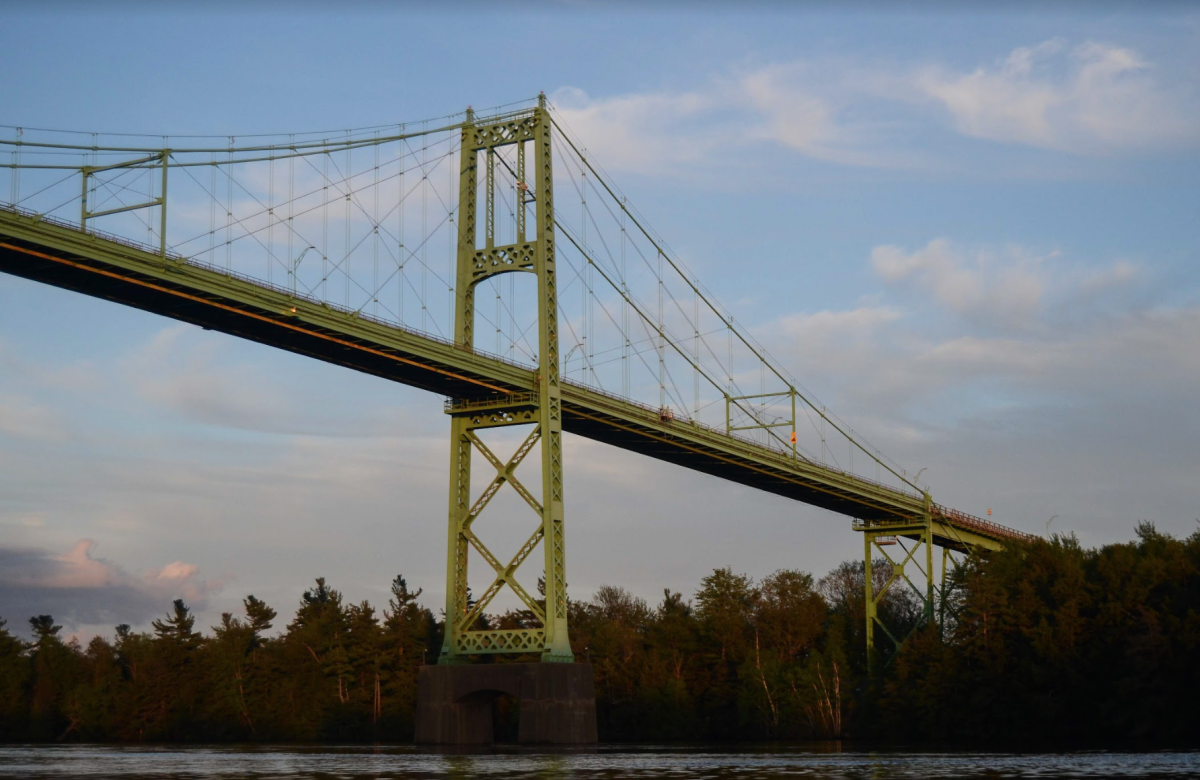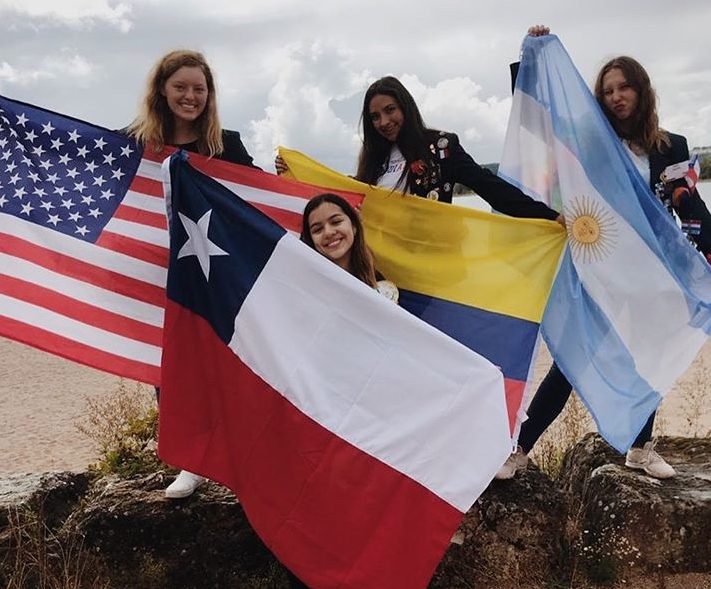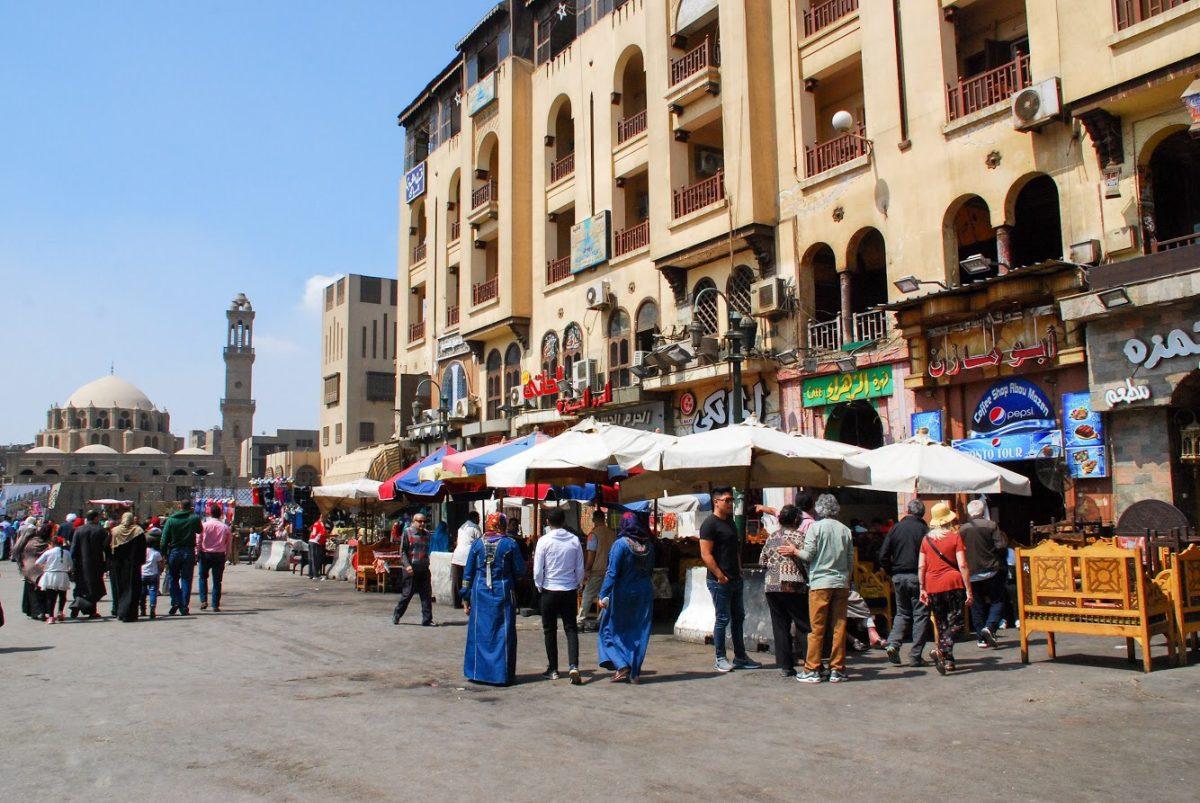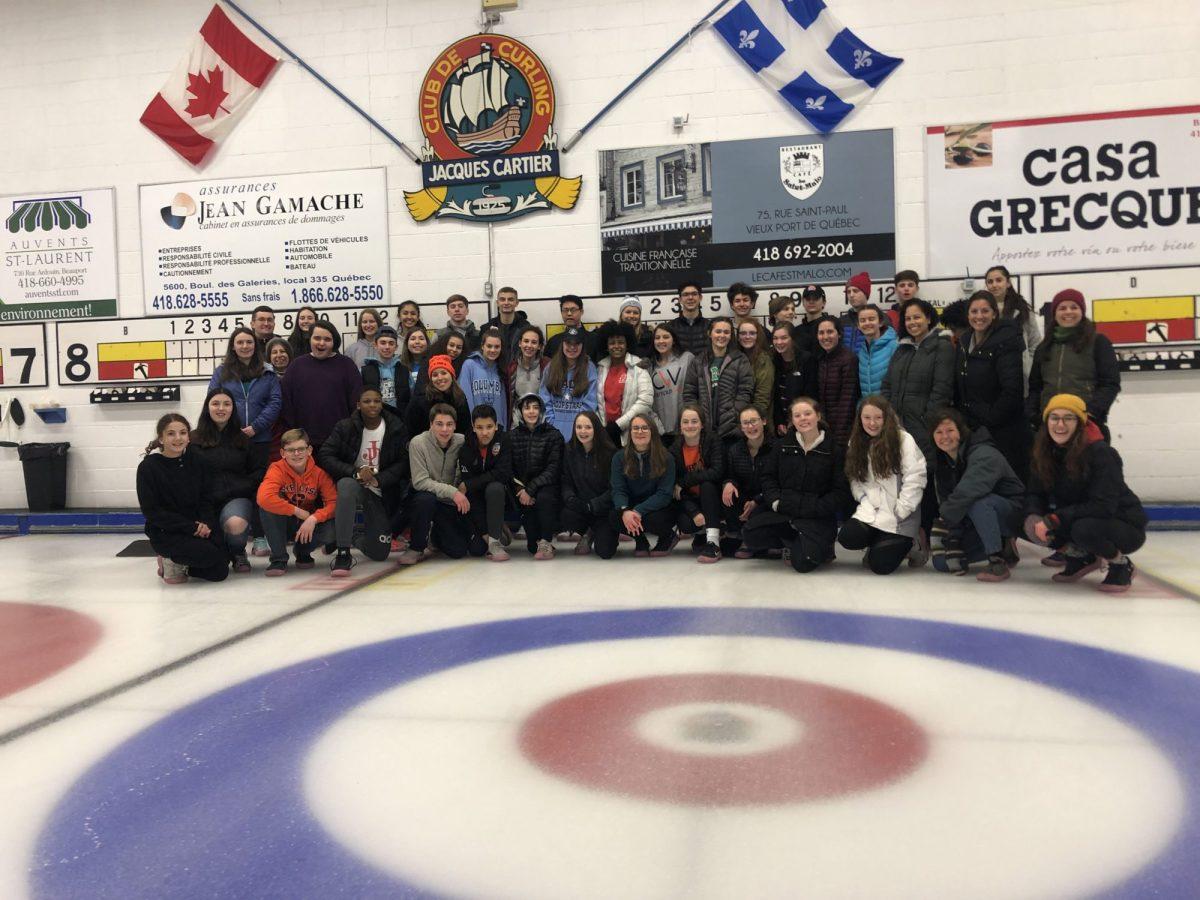By Contributing writer Kori Hayward (’26)
As more trees fall in Ecuador, the ecosystem within the rainforest has started to crumble. As of 2022, nearly 2.9 million acres of Ecuador’s natural land cover has been lost. Astronomy and AP Physics teacher Elise Jutzeler is bringing ten students to Ecuador in the summer of 2025 in order to learn more about the deforestation crisis. The trip will last 9 days and focus on various aspects of the state of the forest.
Ecuador’s deforestation problem has been increasing at a concerning rate. Deforestation affected 27.04% of the original surface area remaining in 1990 and the annual deforestation rate is at 1.12% between 1990 to 2018. 39.4% of the tropical forests in Ecuador have been lost.
“My friend teaches in Liverpool; she took a trip, forty students to Iceland and they just had a great time. They saw the Northern Lights, they went to a volcano, they saw puffins. They were there for spring break or February break, so it was during the school year. And I said ‘I wanted to do that’,” Jutzeler states. “And as I started to talk to people I found out that other people were doing it.”
“I wanted to pick something that wasn’t just ‘hey let’s go on vacation’ right? So this is a little bit of service,” Jutzeler said when asked about why she had chosen Ecuador. She clarifies that this is not a school sponsored trip and instead, it is primarily based on the teacher and the students. “[The trip is] Not necessarily through the school so this isn’t like the school is running it, but a teacher is running it with a company.”
As for the number cap, Jutzeler mentions her concerns with the cost of the expenses. “The tour transports you with other schools so there’s forty kids in a bus. We tried to see if we could get forty students so we’d have a whole bus to ourselves but expenses…The school isn’t funding it—I’m telling you now. It’s sort of on the students and parents. The company is cool though, they offer scholarships and essentially a GoFundMe page for the trips and scholarships, not specifically for this trip…People are surprised how ten dollars here and there are willing to donate ‘cause they know you have a great opportunity to help,” Jutezeler said when asked about the financing.
The trip would lean towards the subject of earth science rather than physics or astronomy. “There would be a day where we’d go to a community center which is what the trip is mostly on. But then there’d be other times when we’d be in the rainforest area. So being in nature but not specifically digging into serving in nature.”
As for what to expect during the trip, the main activity would be learning about the forest. “I don’t know exactly what every day would be like. So I think there will be a lot of science-y things to it. One of the days we’ll be in an Indigenous village in Ecuador and we’ll be learning crafts and traditional food. I’m a science teacher and that’s what I’m really excited for.” For any students interested in the reforestation effort in Ecuador, the trip would provide valuable first hand experience.
There will be an informational meeting in R11 on Thursday, September 26th starting at 6:00 p.m.





























